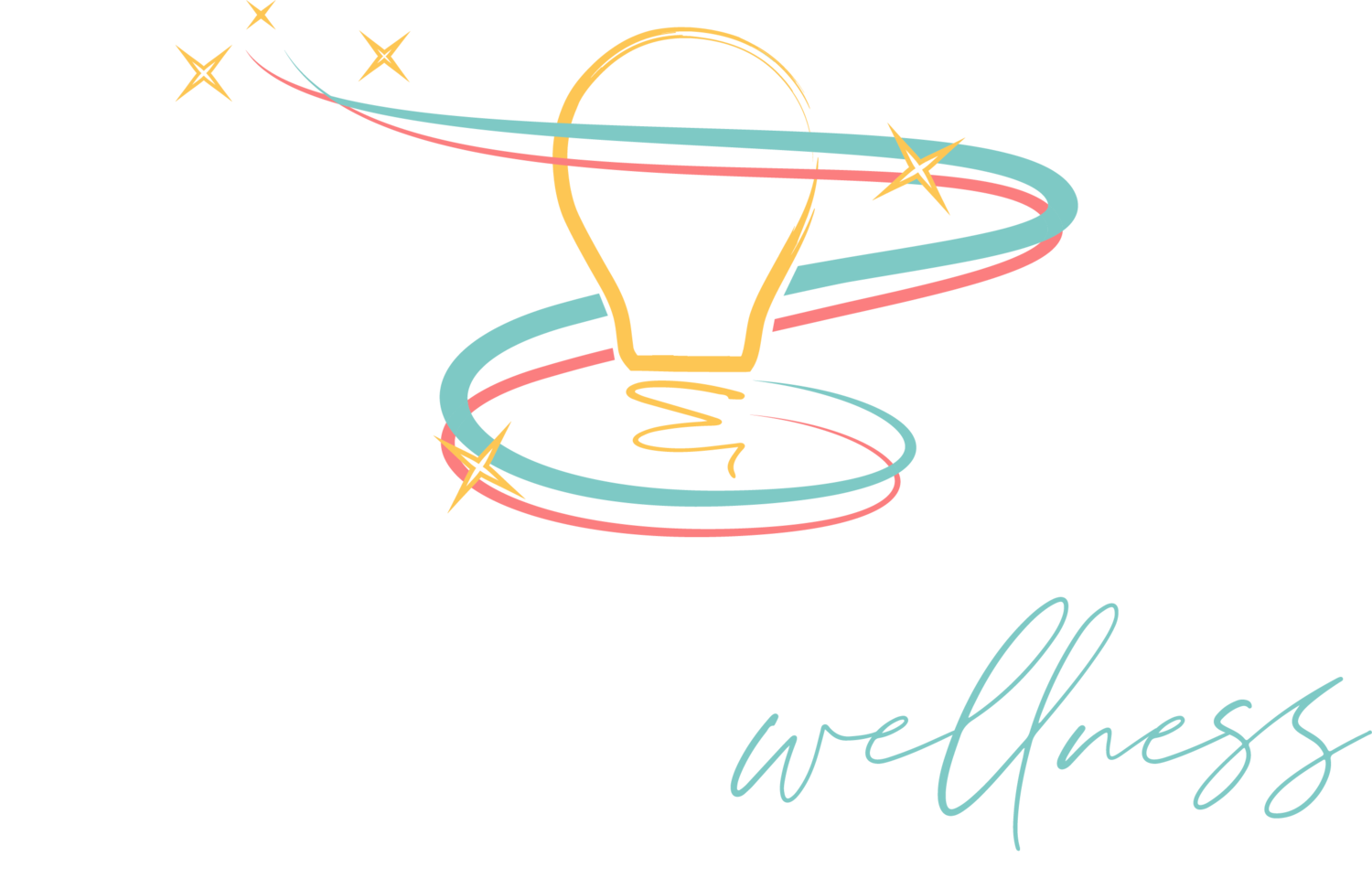Subtle Skills and the Zen of Sociology
By now most of us have heard of the phrases “hard skills” and “soft skills”. In a world of dichotomies, where everything is “versing” something else- logic vs. intuition, reductionism vs. holism, statistics vs. anecdotes, etc., it can be tough to get an integrated perspective in our personal and professional lives. One of the most powerful lessons we can learn is how to integrate the personal and professional, the sociological and the spiritual. This takes subtle skills.
A Prize Winning Effort to Build a Culture of Health
We are in the midst of economic, demographic, environmental, and social change. The institutions that support our populations, including healthcare, education, social services, industry, and our political and economic systems are consistently scrutinized, criticized, and labeled as broken or ineffective. In light of the significant changes to our population, why would these institutions continue to perform their functions?
Hindered Idealism: The Suffering of System Changers
Have you ever felt literally weighed down by all of your good ideas? One day, you’re hyped up about how a system could be better, and the next day you realize you are too burned out to do anything about it? You are not alone, and the journey ahead is one of slow and steady progress, and sustainable life satisfaction.
A Sociological Perspective on Population Health
To fully understand population health, a big picture approach is needed. The sociological perspective can inform the development of population health management educational programs, and practice of population health management. By teaching sociological population health management, we empower students and professionals with training on how to analyze the social factors that contribute to the manifestation of illness, disease, and wellness in a given society.
On Sabbatical: Social Innovation & Health
In the midst of a global pandemic, the connections between society and health have been dramatically thrust into the spotlight. In the United States, we are witnessing the fragility of our health and economic systems, the strength of our communities, and the need to create resilient societies. This requires collaboration, innovation, and an awareness of our collective wellbeing.
Social Institutions: Time for a System Update
We are in the midst of economic, demographic, environmental, and social change. The institutions that support our populations, including healthcare, education, social services, industry, and our political and economic systems are consistently scrutinized, criticized, and labeled as broken or ineffective. In light of the significant changes to our population, why would these institutions continue to perform their functions?







